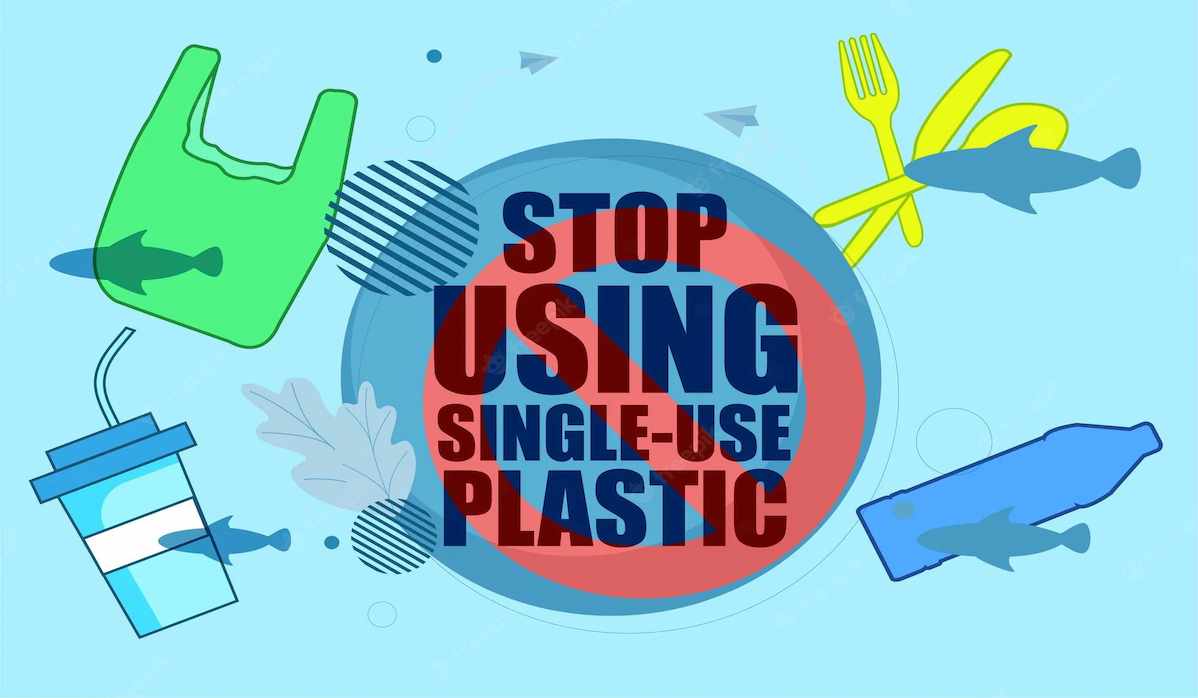Tarun Karthick
Campbell Bay, 28 November 2024
The Andaman and Nicobar Islands Administration has issued a stern directive urging all producers, retailers, e-commerce companies, and general public to immediately cease the production, distribution, sale, and usage of identified single-use plastic (SUP) items. This move aligns with the national efforts to curb plastic pollution and follows strict regulations under the Plastic Waste Management (PWM) Rules, 2016 (as amended).
The items under ban include plastic earbuds, plastic sticks for balloons, plastic flags, candy and ice cream sticks, polystyrene (thermocol) used for decorations, and a wide range of disposable plastic items such as plates, cups, cutlery, straws, and trays. Also prohibited are plastic wrapping films around sweet boxes, cigarette packets, plastic banners less than 100 microns, and plastic stirrers.
The Andaman and Nicobar Administration had earlier issued a notification on September 5, 2019, under Notification No.186, detailing a comprehensive ban on several single-use plastic items. This includes plastic water and beverage bottles under 2 litres, plastic-bodied cigarette lighters, sachets for personal care items, food condiments, and plastic pens, among others. Plastic sheets, pouches, and packaging materials used for water, cooked food, and other items are also banned, including bubble wraps.
In a separate move, the Administration issued another notification (No. 225) on September 24, 2019, specifically banning the sale, manufacture, and use of plastic carry bags of any size, colour, and thickness in the Islands. Furthermore, e-commerce platforms have been strictly prohibited from selling or displaying these banned items.
Authorities have warned that non-compliance with these directives could lead to legal consequences. The general public and businesses alike have been strongly advised to adhere to these regulations, with the option to report violations to the Member Secretary of the Andaman and Nicobar Pollution Control Committee (ANPCC) for necessary action.
This ban marks a crucial step in the region’s ongoing efforts to promote environmental sustainability and reduce plastic waste, which poses a significant threat to the local ecosystem, particularly marine life.

